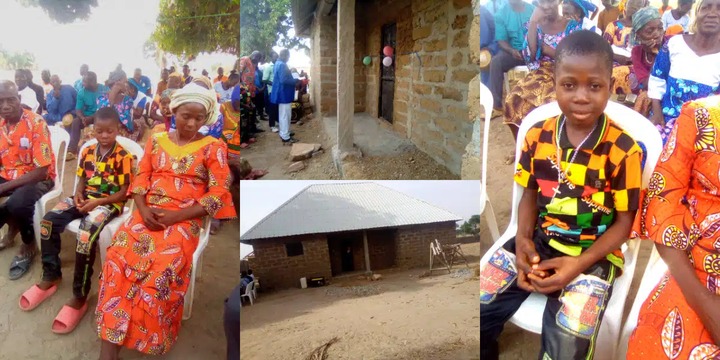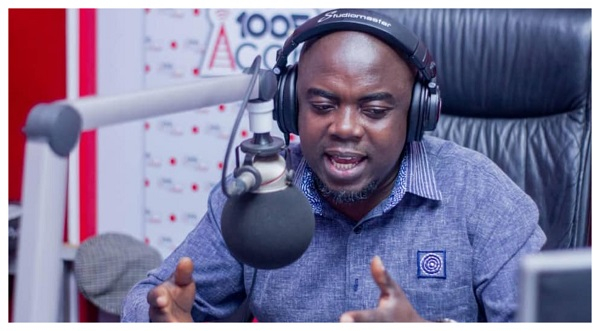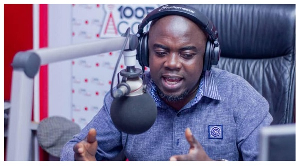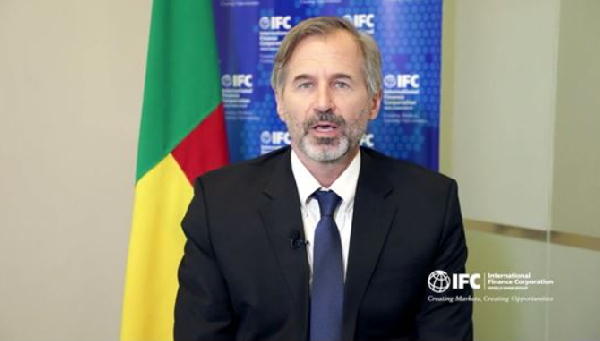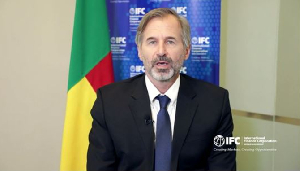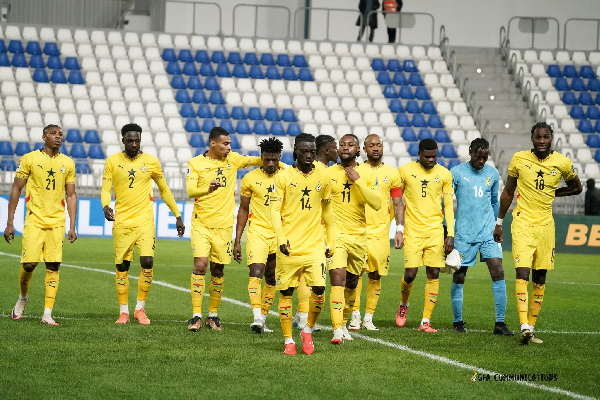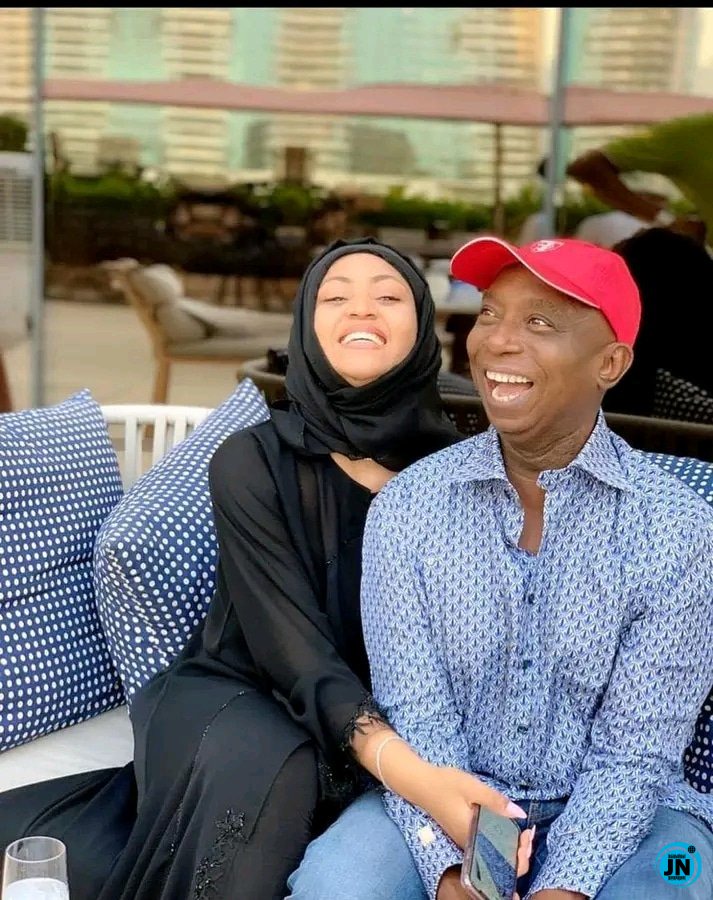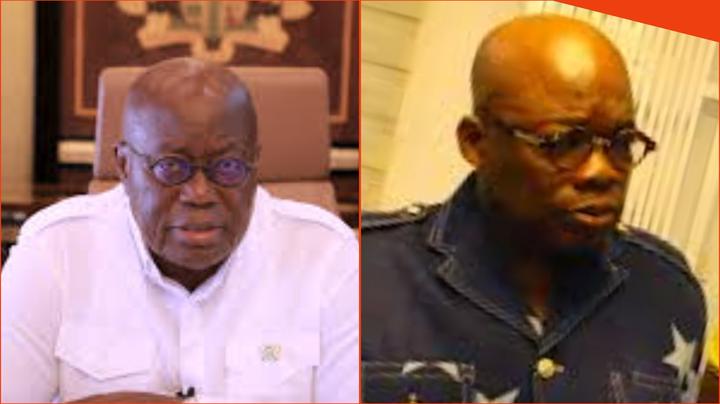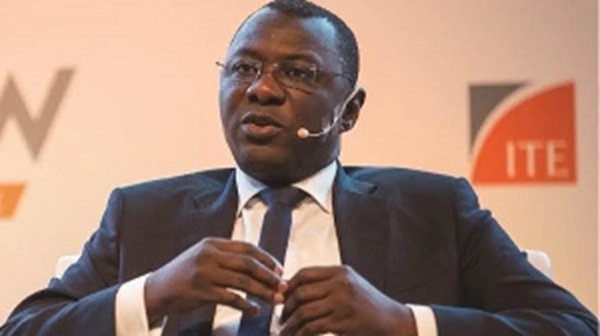Ghana’s beautiful landscapes have faced a serious threat. In places like the Ashanti region, you can see how illegal gold mining, often called ‘galamsey,’ has destroyed the land. Where there used to be green forests and farms, there are now bare, damaged areas and polluted water. This is not a natural disaster; it’s the result of people digging for gold in a way that harms the environment. Galamsey has cleared a lot of forest.
According to the Earth Observatory of NASA, about 29,000 hectares by 2018, and it’s even affecting protected areas. Rivers that were once clean and full of life, like the Pra, Ankobra, and Birim, are now filled with mud and chemicals from the mining. The water has become toxic. Instead of the sounds of nature, you now hear the noise of heavy machines. Hills are being dug up, leaving behind ruined land and polluted water. Ghana’s natural beauty is in danger, and the damage is clear. We need to take action urgently to protect it.
This environmental damage is causing a lot of other problems that affect people’s lives and the country as a whole. For example, streams that farmers used to rely on for their crops have either dried up or become polluted. This means farming communities have to spend a lot of money to bring in water from elsewhere. In Ghana’s cocoa heartland, the backbone of the rural economy, illegal mining has encroached on plantations, destroying over 19,000 hectares of cocoa farms as of 2022 and undermining an industry that provides $2.5 billion in foreign exchange and 800,000 jobs.
Mercury and cyanide used by miners are seeping into soil and rivers, contaminating food and water supplies and spiking the risk of diseases from kidney damage to cholera. With thousands of acres of forest erased, Ghana also loses a vital carbon sink and buffer against climate extremes; once degraded, these forests can no longer absorb carbon dioxide or regulate rainfall. The result is a heightened vulnerability to droughts and floods, a climate double whammy that local experts warn could tip into an irreversible crisis if no action is taken. Facing this unfolding catastrophe, authorities have scrambled to respond from military crackdowns on illegal miners to new laws and task forces, but the scourge has proven stubborn, often outpacing enforcement on the ground.
Reversing Ghana’s deforestation and pollution will demand more than government action alone. Enter the private sector, a surprising but pivotal ally in Ghana’s fight to heal its environment. In an era when doing nothing is no longer an option, businesses are increasingly stepping up as champions of forest restoration and environmental stewardship.
Encouraged by policy shifts that mandate forest restoration and invite public-private collaboration, mining companies, cash-crop buyers, banks, and civil society are beginning to pour resources into reclaiming the land. From funding massive tree-planting projects on mined-out plots to investing in cleaner technologies and community water treatment, Ghana’s private sector is positioning itself as a key player in reversing decades of ecological damage. This unprecedented green alliance between government and industry is driven by stark self-interest as much as altruism: companies recognise that sustainable forests and clean water are essential for long-term economic survival and social stability.
The stage is set for a high-stakes rescue mission, one where corporate investment and innovation just might tip the balance in favour of regeneration. Will this surge of private-sector commitment be enough to reclaim Ghana’s ravaged forests and polluted rivers from the grip of galamsey? The answer could redefine how a nation balances profit and preservation, and Ghanaians and global observers alike are holding their breath as a new chapter in the fight for the country’s green future unfolds.
Business Case for Forest Restoration in Ghana
Ghana experienced a record-high rate of forest loss in 2022, losing about 18,000 hectares of primary forest – the highest proportional loss of any tropical country. With galamsey being the order of the day now, we can only assume the worst as news headlines increasingly show forest reserves protected under the Forestry Commission Act 1999 falling victim to destruction. In response, forward-thinking businesses are finding that investing in forest restoration is not just ethical but economically savvy. Studies indicate that every dollar invested in ecosystem restoration yields an estimated $7–30 in economic benefits, translating to robust long-term returns for companies supporting reforestation.
At the same time, such green initiatives dramatically enhance brand equity: organisations leading in tree planting and conservation are seen as sustainability champions, which strengthens their reputation among customers, employees, and local communities. This reputational boost, coupled with proactive compliance, positions companies ahead of evolving regulations – for example, the EU’s new deforestation rule requires proof that commodities like cocoa or timber are not linked to forest loss, with non-compliance risking fines up to 4% of turnover.
Embracing ethical sourcing and sustainable resource extraction thus becomes a competitive advantage, allowing Ghanaian industries to secure premium markets and stay ahead of the global shift towards eco-conscious business.
Businesses can also leverage growing support mechanisms and partnerships that make forest restoration in Ghana even more attractive. According to the World Bank, Ghana has already earned $4.8 million through international carbon credit programs for curbing deforestation, with up to $45 million expected at the end of 2024 – a direct financial reward that can offset project costs.
Companies tapping into carbon markets and ESG-aligned funds are further incentivised by public-private initiatives: for instance, an energy firm’s partnership with Ghana’s Forestry Commission aims to restore degraded reserves and generate up to 1 million tons of CO₂ offsets per year, aligning corporate net-zero goals with national restoration efforts. Beyond these immediate benefits, corporate reforestation aligns with the fundamental reality that Earth’s natural resources underpin every supply chain. Over half of global GDP (roughly $44 trillion) is at risk due to nature loss, underscoring that sustainable sourcing is not optional but necessary to preserve the land and raw materials businesses rely on. By investing in forest restoration now – supported by grants, carbon finance, and green partnerships – companies in Ghana can meet ESG criteria and regulatory standards while safeguarding the natural capital that generates their products and profits for future generations.
One of the most successful examples of private-sector-driven forest restoration comes from Costa Rica’s pioneering Payments for Environmental Services (PES) program, a model Ghana can adapt to unlock corporate investment in conservation. Launched in 1997, Costa Rica’s PES system directly pays landowners to preserve forests, recognising them as providers of critical ecosystem services such as carbon sequestration, water purification, and biodiversity conservation. Financed through a mix of carbon taxes, international donors, and private-sector contributions, PES has helped restore more than 1.3 million hectares of forest and turned Costa Rica into a global leader in reforestation.
Ghana, with its vast but declining forest reserves, can implement a similar system by leveraging its existing carbon credit programs and corporate sustainability pledges. By incentivizing businesses to fund reforestation, whether through direct payments to landowners, tax breaks, or carbon offset schemes, Ghana can mobilise significant private capital for landscape restoration.
This would not only regenerate degraded lands but also create new revenue streams for rural communities, ensuring that conservation is not just an environmental necessity but an economic opportunity. The PES model’s greatest strength is its ability to align business interests with sustainability, proving that protecting forests can be both profitable and planet-friendly a lesson Ghana’s policymakers and corporate leaders must embrace if they seek to turn today’s ecological crisis into tomorrow’s green economy.
Fidelity Bank Ghana Ltd stands out in its forest-related investments and sustainability initiatives, exemplifying how private-sector engagement can drive environmental conservation in Ghana. Through its flagship GreenTech Innovation Challenge, the bank surpassed its initial funding target by awarding over GHS 1.4 million in grants to 17 innovative AgriTech businesses – entrepreneurs whose tech-driven ideas foster sustainable agricultural practices and green technology solutions.
In addition, during its 2024 Sustainability Month campaign, Fidelity Bank made free tree seedlings available to customers at branches nationwide, encouraging the public to join Ghana’s tree-planting agenda and help restore forest cover. This commitment to greening Ghana’s landscape is further evident in the bank’s EcoSchools Project (run in partnership with the Centre for Sustainable Transformation, CeST), which led to a collaborative tree-planting exercise at the Douse (Duose) D/A Primary School in the Upper West Region.
Notably, employee volunteers from the bank’s Bolgatanga (Bolga) and Wa branches actively participated in this effort – planting seedlings and rejuvenating the school’s environs alongside students and community members. With these initiatives, Fidelity Bank underscores a deep-rooted commitment to sustainability and positions itself as a leader in corporate environmental responsibility, reinforcing the crucial role of private-sector investment in Ghana’s forest restoration efforts.
We may not have all the answers, but we must, with every fibre of our being, believe that the private sector can drive a profound theory of change across Ghana’s landscapes. The scars of galamsey will not heal themselves, nor will the forests return without intentional and strategic investment. The time for passive concern has long passed; what is required now is bold action, a recalibration of business priorities to ensure that sustainability is not just a buzzword but a guiding principle.
It is prudent that we recognise an undeniable truth: when the last tree dies, the last man dies. Biodiversity is not an abstract concept reserved for conservationists; it is the lifeblood of every industry, the foundation of raw material supply chains, and the backbone of long-term economic stability. Whether primary resources or recycled inputs, everything businesses create is birthed from the earth and the water that nourishes it. The private sector must be the steward of these resources, understanding the profound risks of inaction, the escalating costs of environmental degradation, and, most importantly, the immense opportunities that lie in investing in forest restoration, given the setup of Ghana’s Carbon Market Office.
This is more than a sustainability initiative; it is a business imperative and a moral responsibility. From leveraging carbon markets and green finance to adopting innovative restoration models like Costa Rica’s PES program, Ghana’s corporate sector has the chance to not only repair what has been lost but also to build a future where economic growth and environmental resilience go hand in hand.
The pathway forward is clear: strategic investments, cross-sector collaboration, and a commitment to sustainable practices will define the legacy of Ghana’s private sector. The question is no longer if we should act; it is how quickly we will rise to the challenge before us.
The future of our forests, our water bodies, and our collective prosperity depends on the choices we make today. The next generation of Ghanaians is looking up to us to make the right decisions for their future. This is our moment to lead. Will we take it?
Profile of authors:
Samuel Kweku Kumah is a sustainability professional with expertise in research, impact management, sustainability reporting and climate risk assessment. Currently serving as the Research and Impact Management Officer in the Partnerships, Sustainability, and CSR department at Fidelity Bank Ghana, Samuel has demonstrated a robust capacity for implementing and reporting sustainability research and impact strategies that align with global standards
Kenneth Kwabena Amoah is a sustainability professional with extensive expertise in revenue and risk management, financial reporting and analysis, strategic planning, and project monitoring and evaluation. He serves as the Finance Officer in the Partnerships, Sustainability, and CSR department at Fidelity Bank Ghana. Kenneth has demonstrated a strong ability to ensure that projects adhere to the highest financial management standards.
Samuel Kweku Kumah, Kenneth Kwabena Amoah
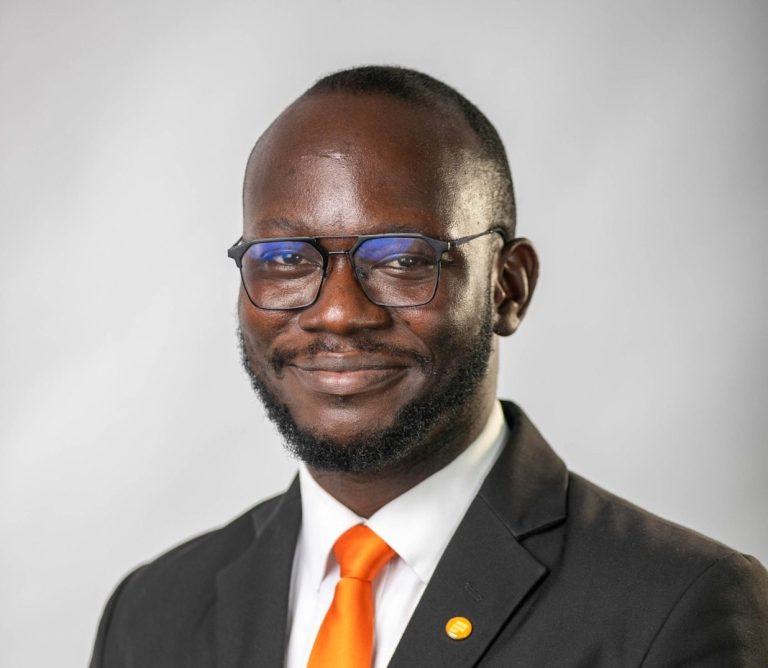
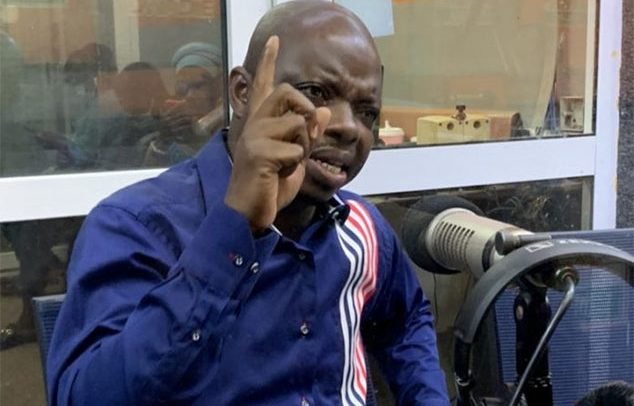
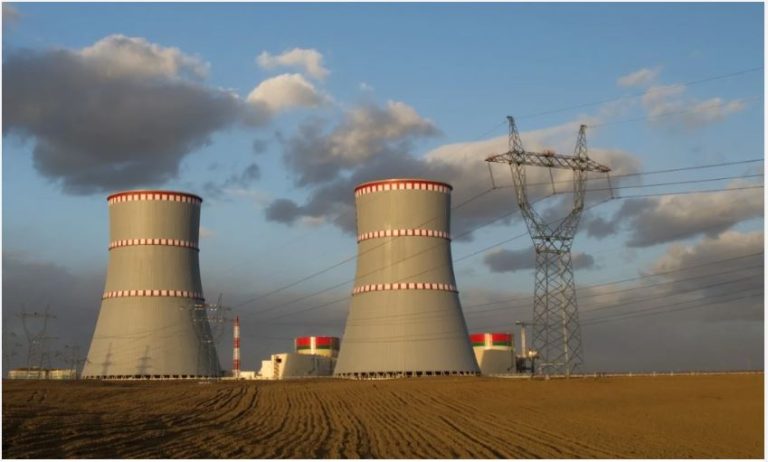



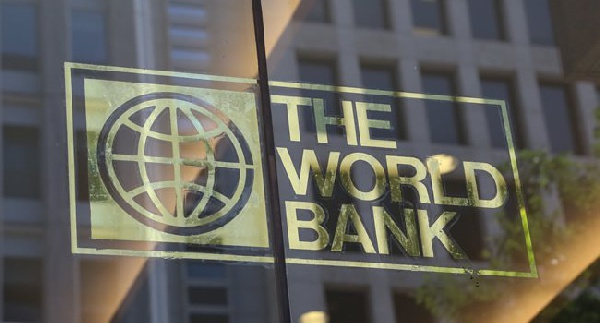
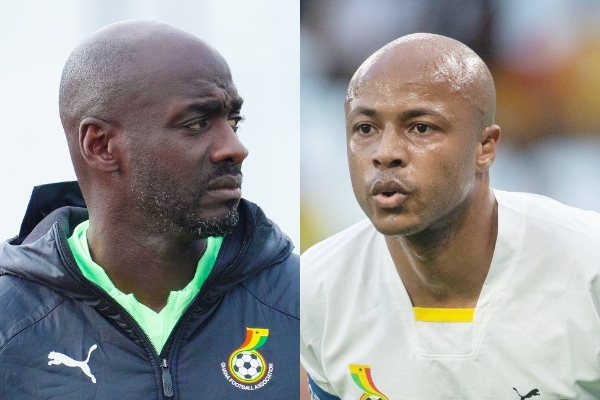
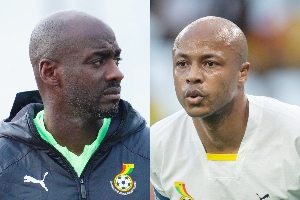

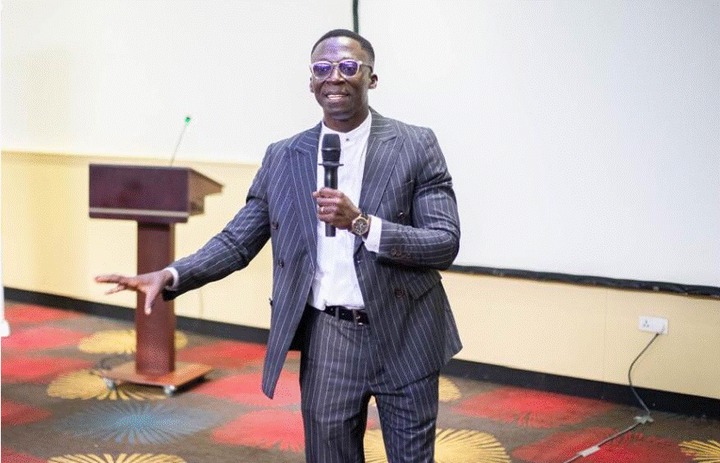

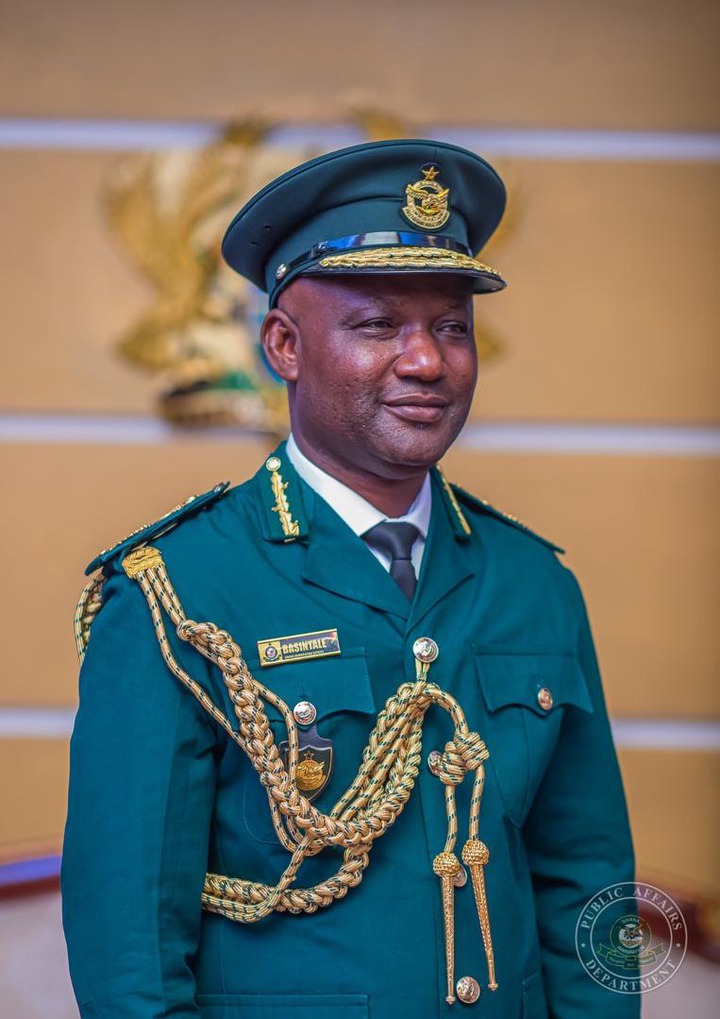
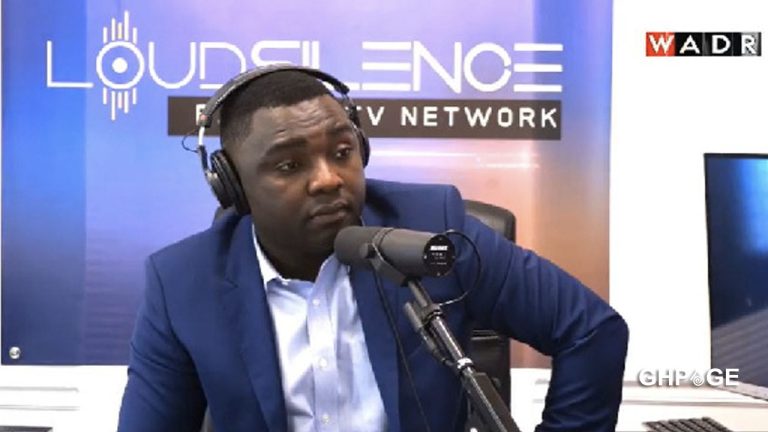





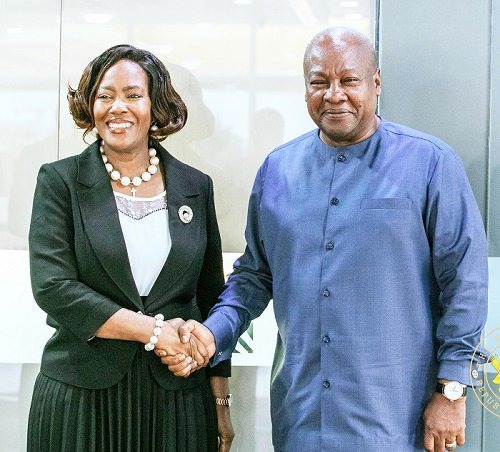

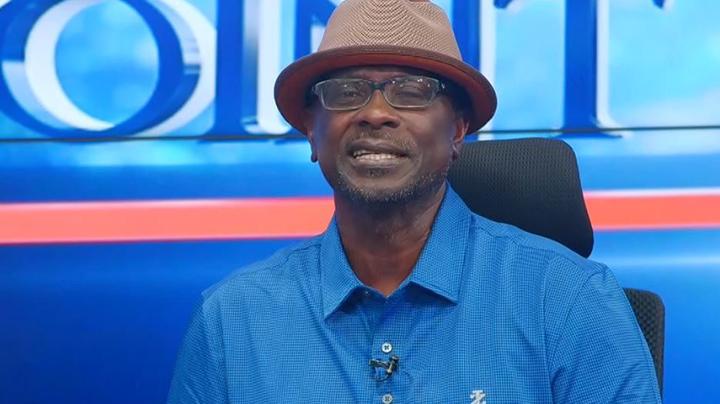

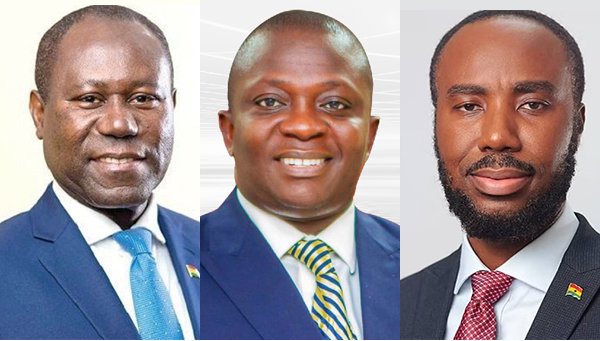

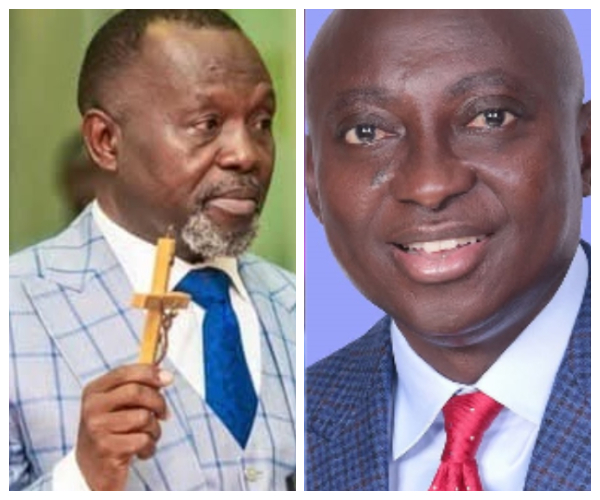
![Attorney General, Dr Dominic Ayine [L] and private legal practitioner Atta Akyea Attorney General, Dr Dominic Ayine [L] and private legal practitioner Atta Akyea](https://cdn.ghanaweb.com/imagelib/pics/645/64553241.295.jpg)
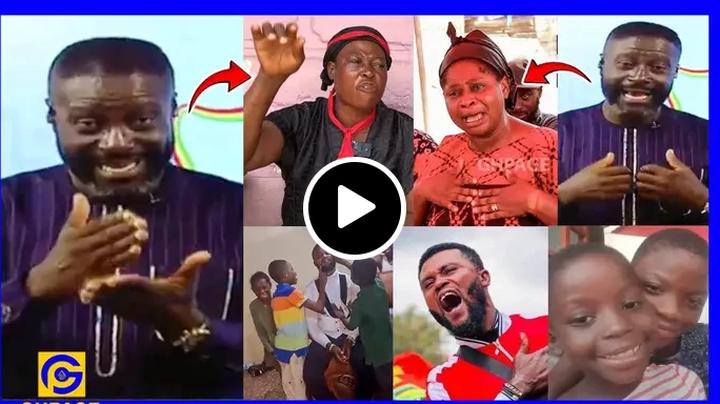
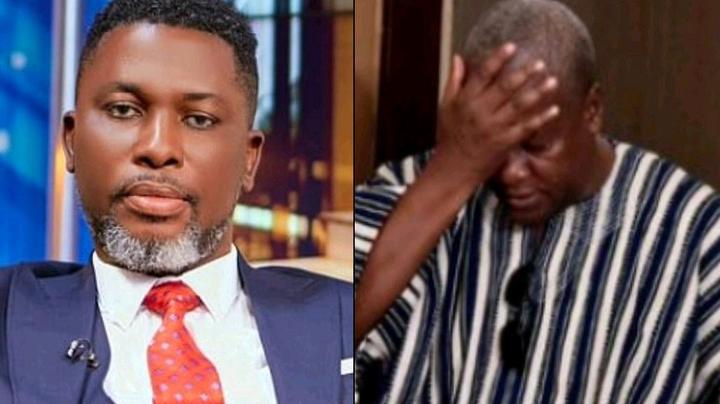


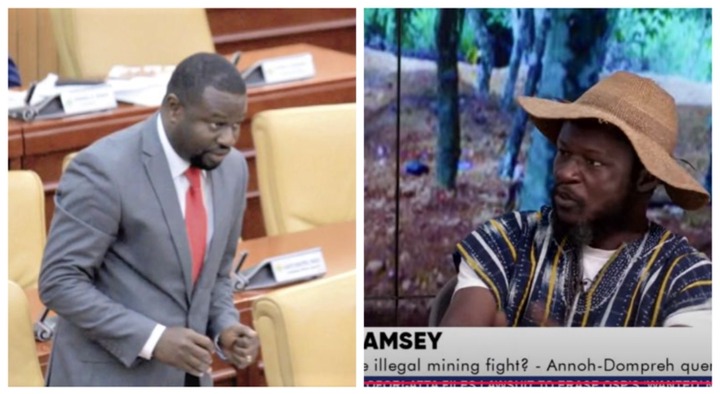



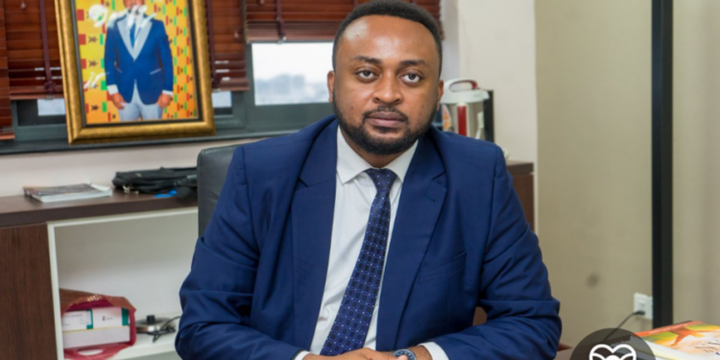


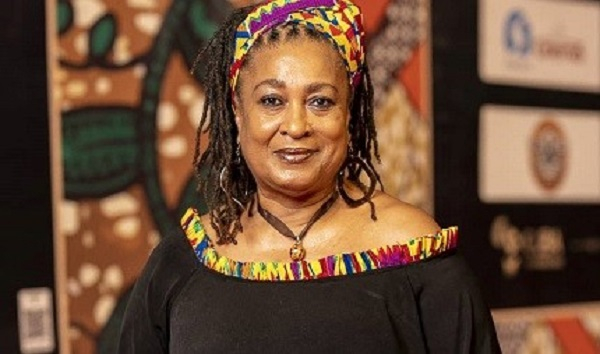
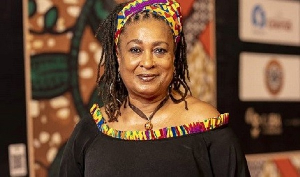
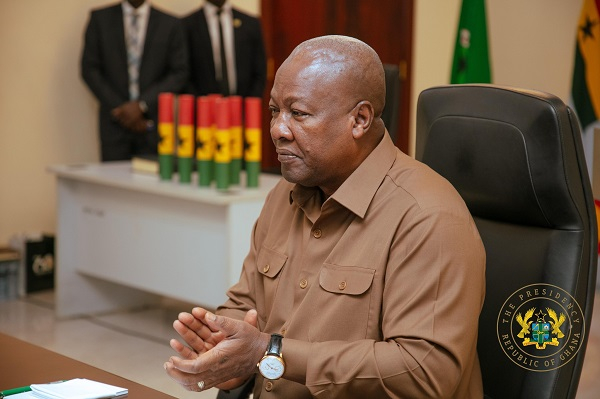
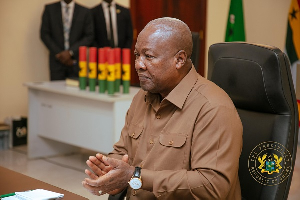
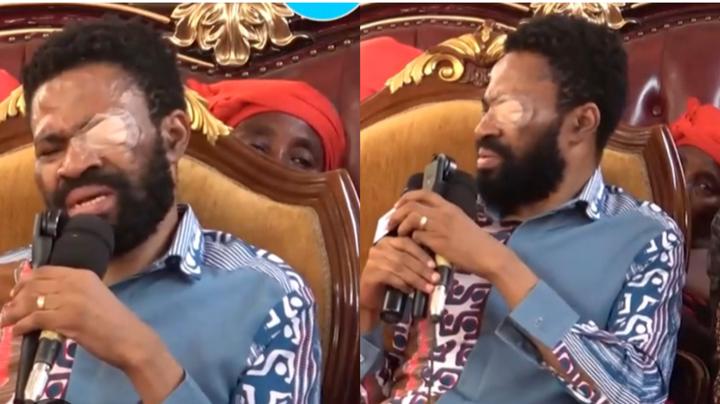
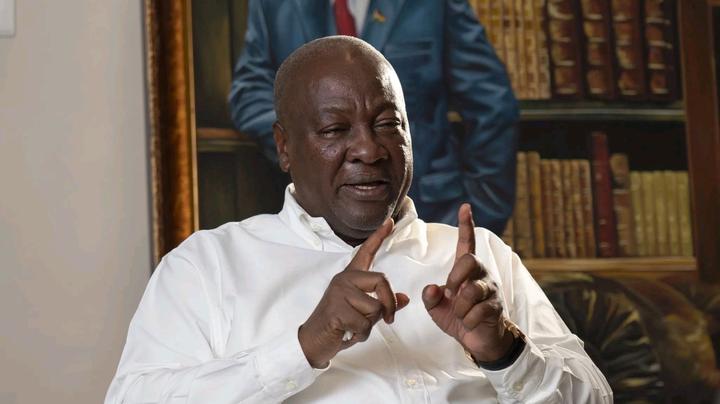

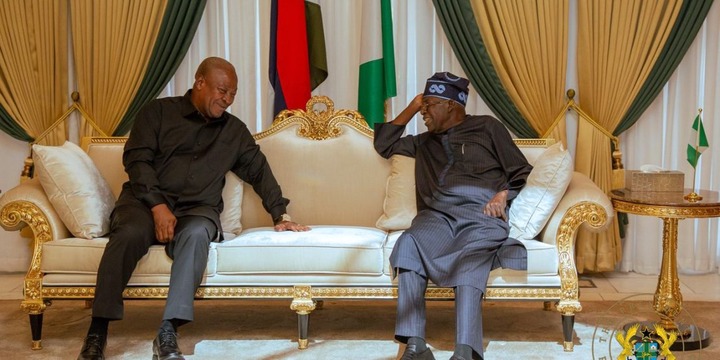


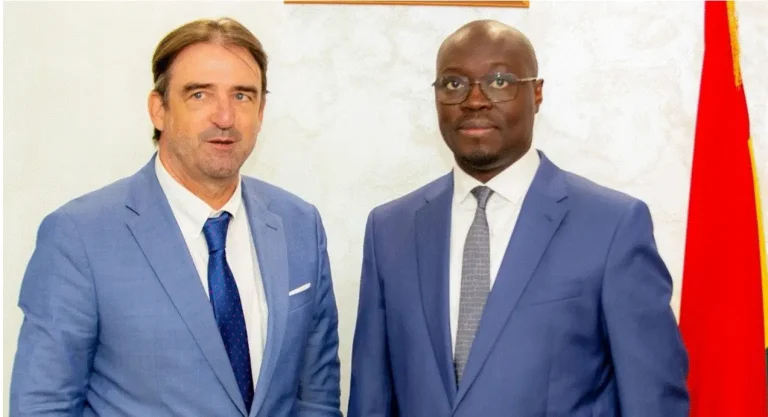
 On Ghana’s ongoing debt restructuring, Dr. Forson emphasized that the country has made significant progress and is now focused on finalizing individual bilateral agreements with its external creditors.
On Ghana’s ongoing debt restructuring, Dr. Forson emphasized that the country has made significant progress and is now focused on finalizing individual bilateral agreements with its external creditors. Ghana’s collaboration with the IMF is part of broader efforts to restore macroeconomic stability and ensure sustainable growth. The government remains optimistic that ongoing reforms and international support will help position the country on a stronger economic path.
Ghana’s collaboration with the IMF is part of broader efforts to restore macroeconomic stability and ensure sustainable growth. The government remains optimistic that ongoing reforms and international support will help position the country on a stronger economic path.